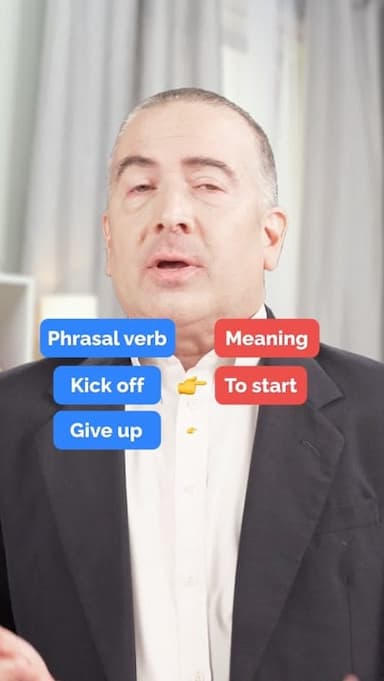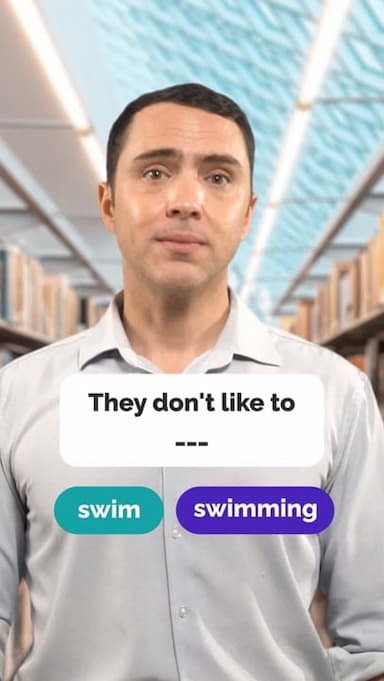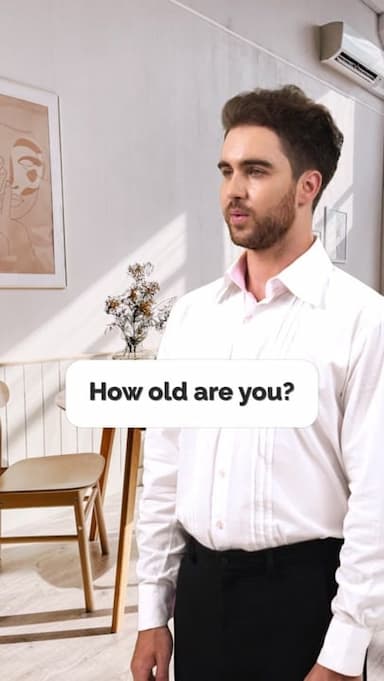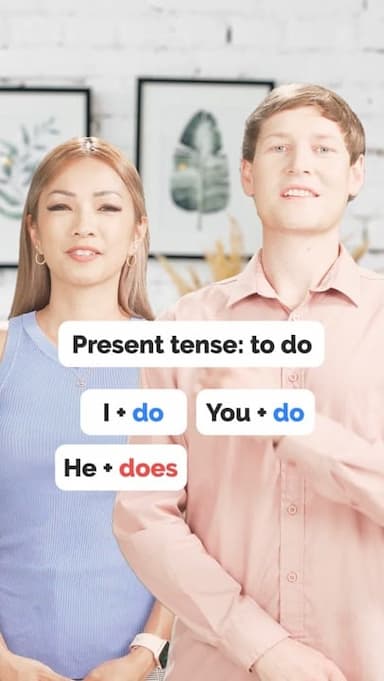Third conditional
@Oscar
#VerbsinEnglish
Third Conditional in English: Structure, Usage & Examples
Explore the third conditional to discuss past hypothetical situations and regrets with these clear examples and explanations.
The third conditional is a vital aspect of English grammar used to talk about impossible situations in the past, often to express regrets.
The structure of third condiitional is: "If + past perfect + would have/could have + past participle".
For instance:
- "If I hadn't learnt English, I wouldn't have got this job."
This sentence expresses a past hypothetical situation, indicating that learning English was crucial for obtaining the job. - "If I hadn't been ill, I would have gone to the party."
Here, the speaker regrets not attending the party due to illness. - "If you had worked harder, you would have passed your exam."
This sentence conveys a regret about not putting in enough effort, resulting in failing the exam.
By using the third conditional, you can clearly express past hypotheticals and regrets. Watch our video and practice forming your own sentences.
Get the full app experience
Engaging video lessons and fun quizzes to help you ace your English.
Improve your English Level
Improve your pronunciation
Practice conversations
Sharpen your listening Skills
Fix common mistakes in English
Learn Grammar in a fun way
Expand your English Vocabulary
Coming soon to Google Play
Similar videos for #VerbsinEnglish
Similar videos for Grammar
© 2023 fluentjoy.com












